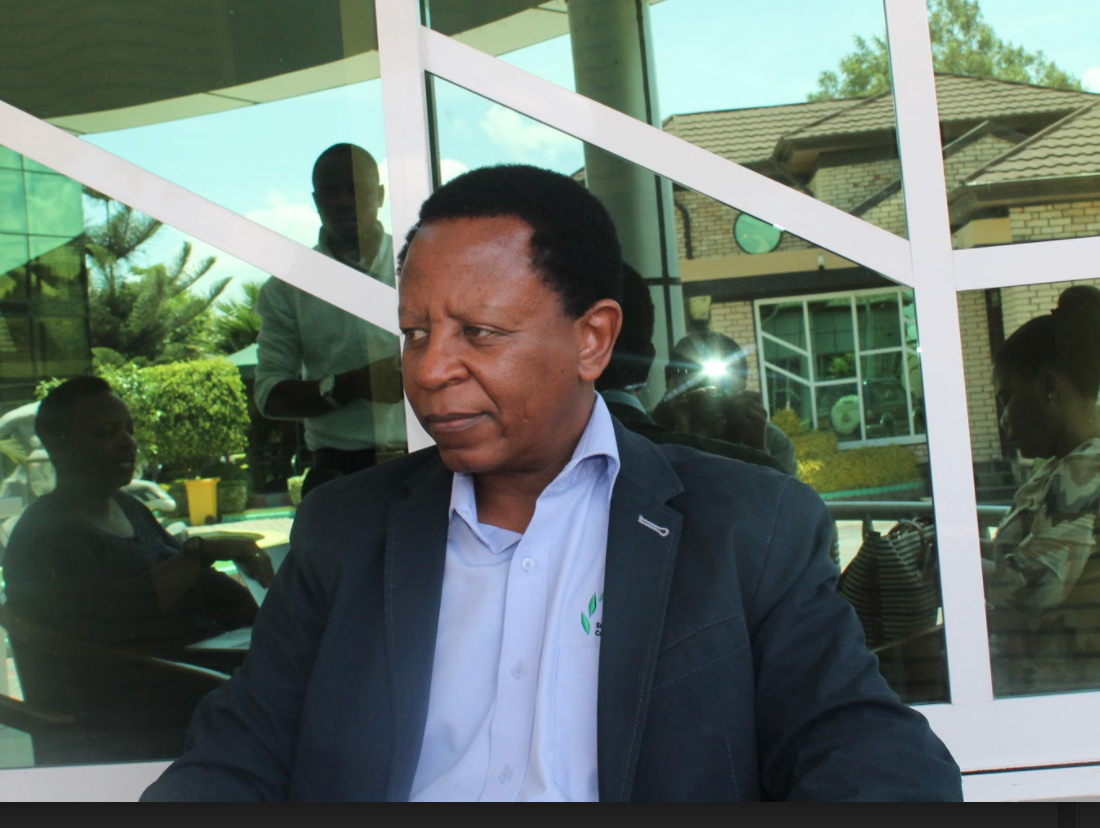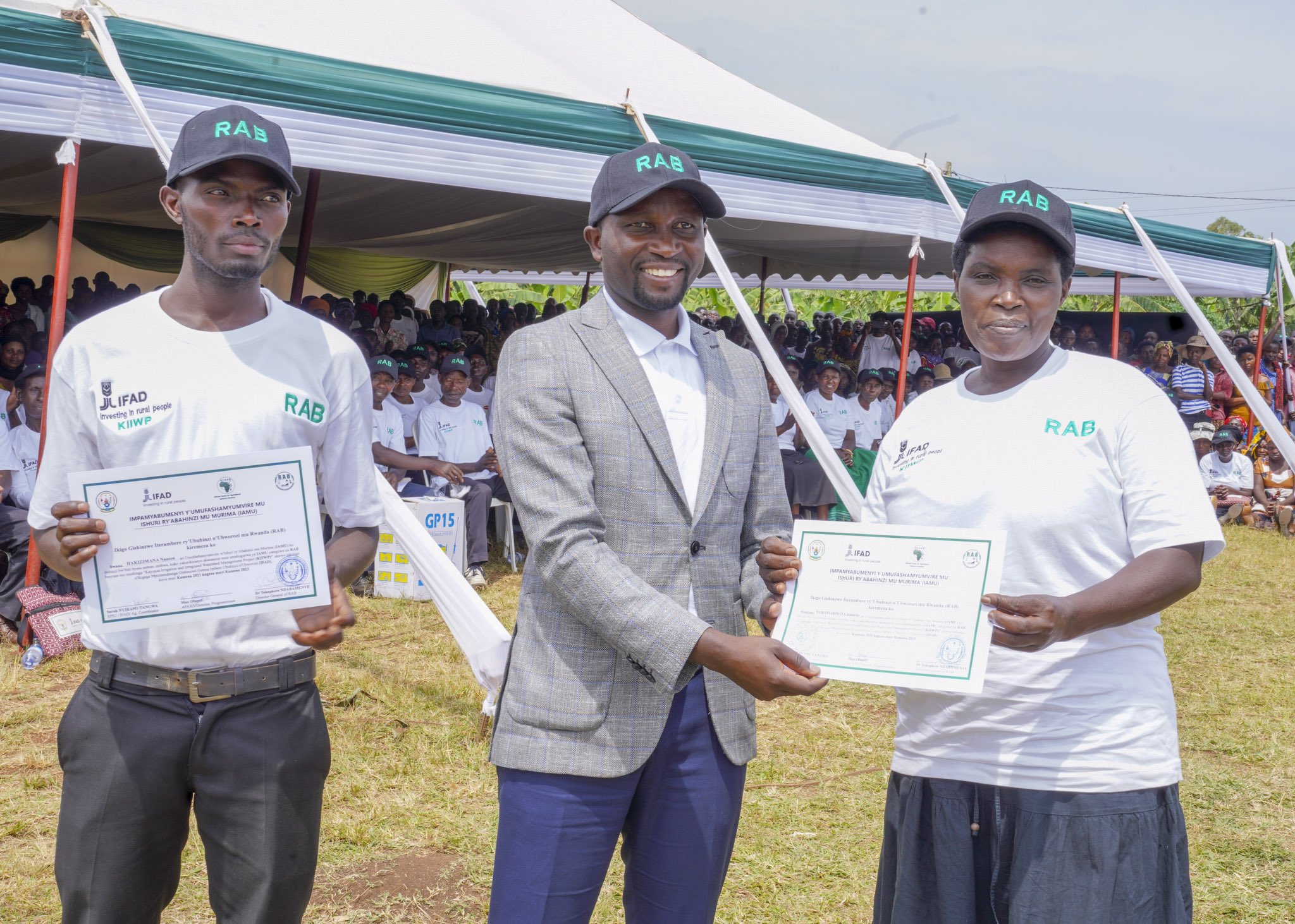Malawi Halts Soya Bean Exports to Bolster Domestic Industries Amid Production Decline
The Malawi government has announced a critical intervention in the agricultural sector by suspending the exportation of raw soya beans. This decisive action, conveyed through a press release by the Ministry of Trade and Industry in collaboration with the Ministry of Agriculture, takes effect from 8th April 2024. It comes as a strategic response to a significant 20% reduction in the country’s soya bean production, primarily due to the challenging weather conditions faced by farmers in the recent agricultural cycle.
According to the official statement signed by Christina Zakeyo, Secretary for Trade and Industry, the suspension is not an isolated policy move but rather a part of the broader Control of Goods (Import and Export Licence) Regulations, established in 2020. These regulations were conceived as a protective measure to ensure national food security and support the local industries that form the backbone of Malawi’s economy.
The adverse meteorological patterns observed this season have severely impacted crop yields, triggering the government’s protective stance. “The Ministry of Trade and Industry, in collaboration with the Ministry of Agriculture, wishes to inform the business community and the general public that the Government has decided to suspend the exportation of Raw Soya Beans with effect from 8th April 2024,” the press release stated, highlighting the grave concern for the agricultural downturn.
In delving into the details, the Ministries elucidate that the restrictions are designed to bolster domestic industries. Soya beans serve as a pivotal element in the soya value chain, being indispensable in producing vital by-products such as cooking oil and soya cake. The restriction ensures that these key industries are not starved of essential raw materials, which would otherwise cripple their operations and, by extension, impact the Malawian economy.
The embargo on soya bean exports is not just a reactive measure to current production woes but is also deeply rooted in Malawi’s strategic long-term economic vision. It aligns seamlessly with the National Development Plan and the visionary Malawi 2063 Agenda. This agenda prioritizes value addition and industrialization as central tenets for economic transformation, aiming to turn Malawi into a self-reliant, industrialized nation.
In a move to enforce compliance, the Ministry of Trade and Industry has invalidated all previously granted export licenses for raw soya beans, effective from the suspension date. They have issued a stern warning that any export activities involving raw soya beans during the suspension period will constitute an offense under the prevailing laws of Malawi. The government is firmly stating its resolve to implement these measures strictly, signaling a no-tolerance stance toward any non-compliant export activities.
This regulatory intervention by the Malawi government underscores a broader commitment to safeguarding the interests of the agricultural sector, local industries, and the overall economic health of the nation. The suspension serves as a clear indication of the government’s readiness to take necessary and immediate action in the face of environmental and economic challenges to uphold its developmental objectives and secure the well-being of its people.



